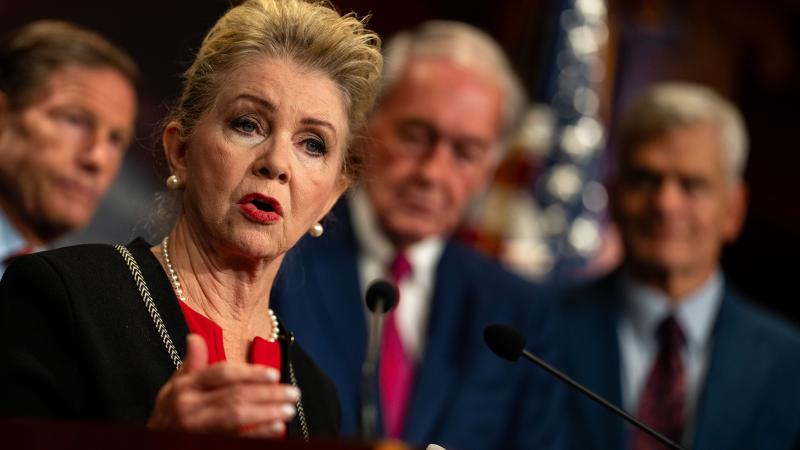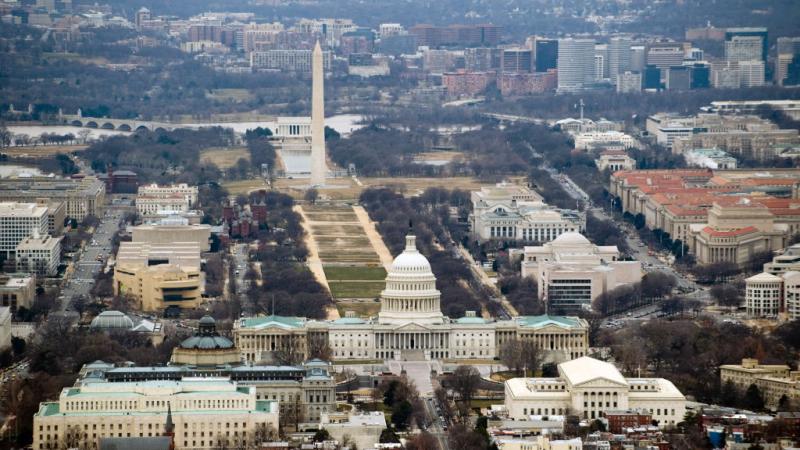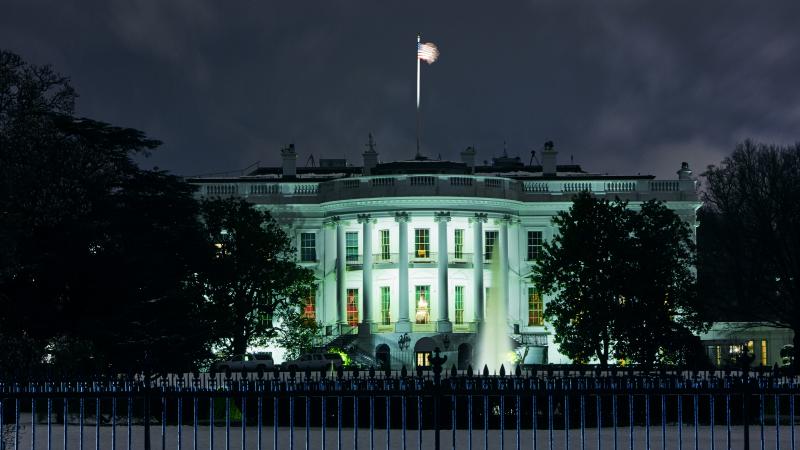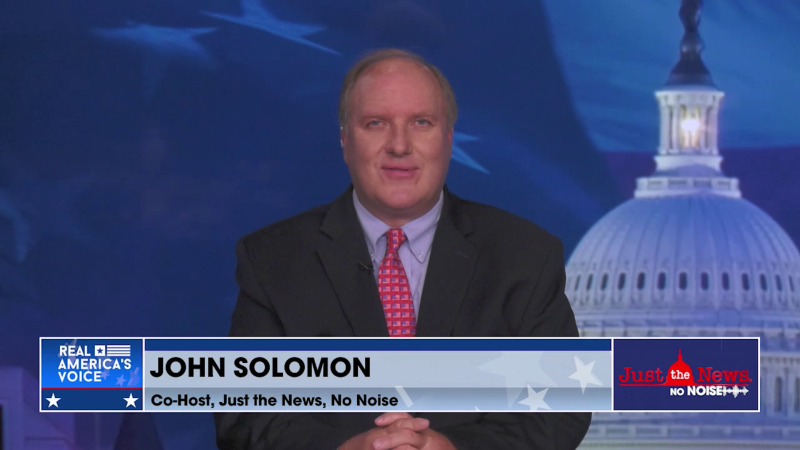Congressional lawmakers are hoping to overhaul the federal permitting process
If the SPEED Act becomes law, the National Environmental Policy Act would be easier for businesses and industries to work around.
(The Center Square) -
Jim Burke, an energy business man and board member of the Nuclear Energy Institute, predicts the future of energy development will happen along the Gulf Coast.
“There's just an incredible concentration of assets between between here and Baton Rouge, right though Houston,” Burke told the Tulane Future of Energy Forum on Wednesday.
Lawmakers in Washington are worried that future could be limited by the cumbersome and costly permitting process that businesses are saddled with and are bringing a package of bills to address it.
The U.S. House of Representatives' Committee on Natural Resources debated that package on Wednesday, with the marquee proposal – the SPEED Act – under particular scrutiny. If the proposal becomes law, the National Environmental Policy Act would be easier for businesses and industries to work around.
Federal agencies are required to carefully consider the environmental impacts of their actions before making decisions. For major projects such as highways, pipelines, or energy facilities, the law typically requires the preparation of an environmental assessment or a more detailed environmental impact statement that evaluates potential effects on the environment.
Committee Chairman Bruce Westerman, R-Ark., called the environmental law “broken,” noting that related litigation takes an average of 4.2 years to resolve. The bill would clarify which federal actions trigger the law's guidelines, set clearer requirements for environmental reviews, and require lawsuits to be filed within 150 days by someone who participated in the public comment process.
The bill also limits courts’ authority in NEPA cases, allowing judges only to send projects back to agencies for further review rather than halt them outright – a provision Westerman and other Republicans said would prevent projects from being killed by lawsuits.
“This is about durable reforms that create predictability for all energy sources,” said Jeremy Harrell, a lobbyist for ClearPath. Harrell described the bill as “technology-agnostic” and aimed at providing regulatory certainty for everything from fossil fuel projects to renewable energy.
Supporters also framed permitting reform as essential to U.S. economic competitiveness and national security. Lawmakers warned that permitting delays threaten critical energy infrastructure and slow the deployment of new electricity generation just as artificial intelligence is driving a surge in power demand.
“It already takes us 29 years on average to develop a new mine – second worst in the world, just ahead of Zambia,” said Thomas Hochman with the Foundation for American Innovation, adding that slow permitting puts the U.S. at risk of falling behind China in next-generation energy technologies.
Hochman also pointed to Anthropic’s estimate that America will need 50 gigawatts of new electricity for artificial intelligence by 2028, but the last two nuclear plants took 16 years to bring just 2 gigawatts online.
“The delta here is enormous – one of the huge problems is the pace of our permitting process,” Hochman said.
Much of the committee remain unconvinced, and brought their own witnesses before the committee to explain why.
Robert Glicksman, a George Washington University law professor, warned that one section of the bill would make it nearly impossible to challenge deficient reviews.
The section “would effectively block most, if not all, challenges,” said Robert Glicksman, a law professor from George Washington University. "The statute would require any litigant to prove that an agency’s failure to consider their input caused direct harm. But that’s nearly impossible."
Perhaps most controversial is the bill’s ban on injunctions.
Glicksman said that even if a court finds an agency’s review was inadequate, the project could continue while the analysis is redone.
“That runs contrary to decades of precedent under the Administrative Procedure Act, which gives courts the authority to halt unlawful agency action,” Glicksman said.
By removing this remedy, agencies would have little incentive to take the “hard look” the National Environmental Policy Act requires, knowing projects would move forward regardless of compliance, said Rep. Jared Huffman, D-Maine.













